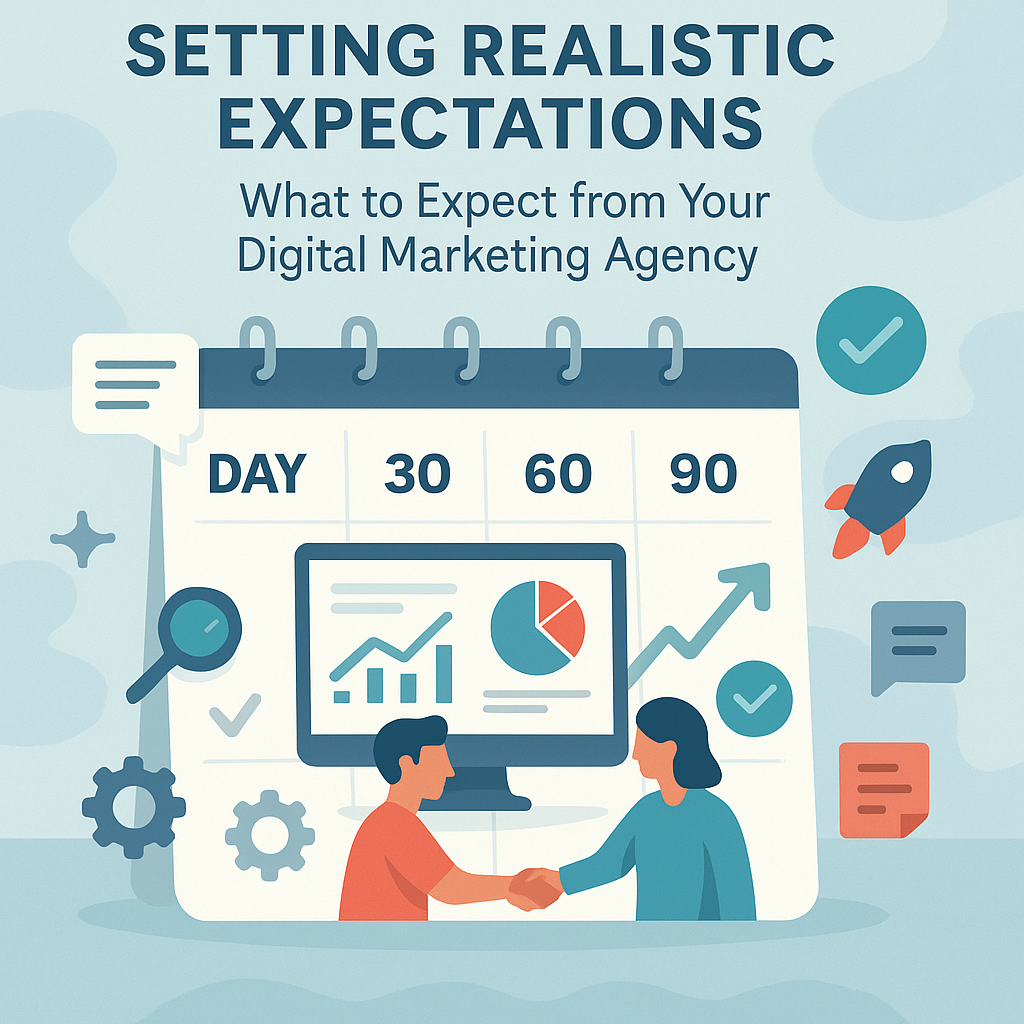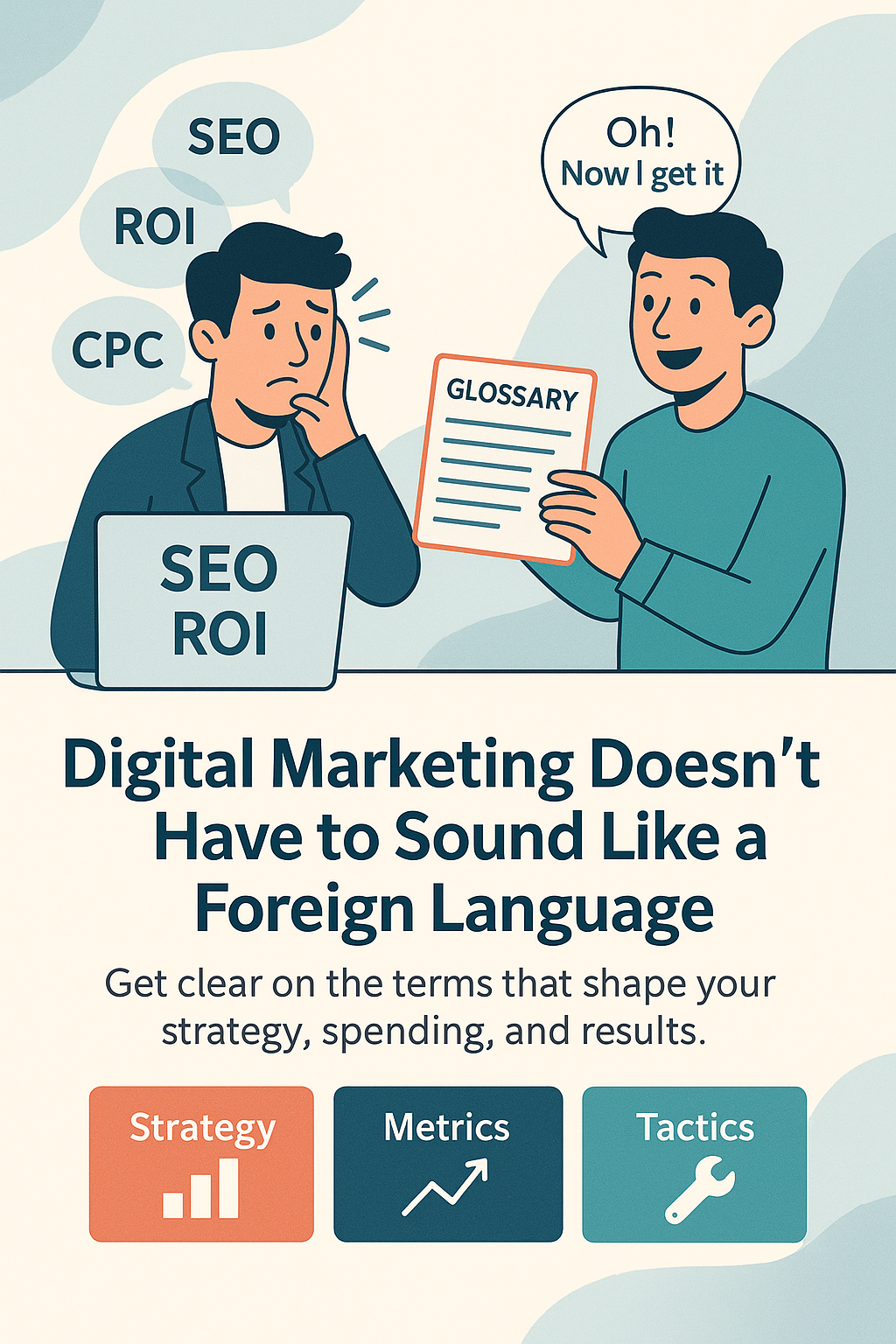Artificial intelligence has rapidly transformed digital marketing from a futuristic concept into an indispensable tool. From hyper-personalized ad campaigns to predictive analytics that anticipate customer behavior, AI's influence is pervasive. However, with this immense power comes a profound responsibility. As we approach 2025, the ethical implications of AI in marketing are no longer theoretical discussions but critical challenges that demand immediate attention. The twin pillars of concern are AI bias and the imperative for transparency.
This article will delve into these crucial aspects, exploring how bias can subtly undermine marketing efforts and erode consumer trust, and why transparency is not merely a regulatory burden but a strategic advantage. We will argue that embracing ethical AI practices is essential for building lasting brand trust, ensuring regulatory adherence, and achieving sustainable, effective marketing outcomes in the evolving digital landscape.
The Shadow of Algorithms: Understanding AI Bias in Marketing
AI bias is not a malicious intent but often an unintended consequence, a digital echo of human prejudices or systemic inequalities embedded within the data used to train these powerful systems. Understanding its origins is the first step toward mitigation. Bias can creep into AI systems through several avenues:
Biased Training Data: If the data used to teach an AI reflects historical societal inequalities, underrepresents certain demographics, or contains skewed information, the AI will learn and perpetuate these biases. For instance, if an image recognition AI is primarily trained on images of one demographic, it may struggle to accurately identify others.
Algorithmic Design Flaws: The very design of an algorithm can inadvertently introduce bias. This might happen if certain features are weighted disproportionately or if the model optimizes for metrics that indirectly favor one group over another.
Human Prejudices: Even with the best intentions, human biases can be inadvertently coded into the system during development, data labeling, or even in the problem definition phase.
The impact of AI bias on marketing outcomes can be profound and detrimental. It can lead to ineffective or discriminatory ad targeting, where certain groups are unfairly excluded from seeing relevant advertisements, or conversely, over-targeted with irrelevant ones. Personalization, a cornerstone of modern digital marketing, can become skewed, alienating segments of the audience if the AI makes assumptions based on biased data. This could manifest as unfair pricing or offer discrimination, where different customer groups are presented with varying terms based on factors beyond their actual creditworthiness or purchasing power. Beyond the immediate impact on campaign performance, AI bias carries significant reputational damage and legal risks, as consumers and regulators become increasingly aware of and sensitive to discriminatory practices. Imagine an AI-driven recruitment ad campaign that disproportionately shows senior management roles to one gender, or a loan offer algorithm that subtly disadvantages applicants from certain zip codes. These are not far-fetched scenarios but real possibilities when bias goes unchecked. For more on how AI is shaping the future of marketing, you might find our article on how Ohio SEO firms are using AI tools to improve rankings in 2025 insightful, but remember the ethical considerations that underpin such advancements.
Shedding Light: The Power of Transparency in AI Marketing
If bias is the shadow, transparency is the light that dispels it. In the context of AI in digital marketing, transparency is multifaceted, encompassing explainability, interpretability, and clear communication with consumers. It's about making the 'black box' of AI more understandable, both to the marketers deploying it and to the customers it affects.
Transparency is non-negotiable for businesses in 2025 for several compelling reasons:
Building and Maintaining Consumer Trust: In an era of increasing data skepticism, consumers are more likely to engage with brands that are open about their data practices and AI usage. Transparency fosters trust, which is a priceless asset in digital marketing.
Facilitating Regulatory Compliance: As AI-specific regulations emerge globally, transparent practices become a cornerstone of compliance. Being able to explain how AI systems work and why certain decisions were made is crucial for navigating legal requirements and avoiding penalties.
Enabling Effective Bias Detection and Mitigation: When AI processes are transparent, it becomes easier to identify where bias might be entering the system. Marketers can then proactively address these issues, rather than discovering them after they've caused harm.
Improving Campaign Performance through Deeper Understanding: Understanding why an AI made a particular recommendation or targeted a specific audience segment allows marketers to refine their strategies, leading to more effective and efficient campaigns. It moves beyond simply trusting the AI to truly collaborating with it.
Transparency isn't a one-size-fits-all concept. It can range from explaining the general principles of how an algorithm works to providing a detailed rationale for a specific marketing decision made for an individual consumer. The key is to provide enough clarity to build trust and enable accountability without necessarily revealing proprietary algorithms. For a broader perspective on digital marketing strategies, our digital marketing services can help you navigate these complex landscapes.
The Regulatory Horizon: AI Ethics in 2025
The rapid advancement of AI has outpaced the development of comprehensive regulatory frameworks, but this gap is quickly closing. By 2025, digital marketers will operate within an increasingly structured environment where AI ethics are not just best practices but legal mandates. Existing data privacy laws like GDPR in Europe and CCPA in California have already laid foundational principles that directly impact AI driven marketing, particularly concerning data collection, usage, and the necessity of explicit consent. These regulations demand transparency in how personal data is processed, which naturally extends to how AI algorithms utilize that data for targeting and personalization.
Looking ahead, emerging AI-specific regulations, such as the European Union's AI Act, are setting global precedents. These acts aim to classify AI systems by risk level and impose stringent requirements on high-risk AI applications, which could include certain marketing technologies. Frameworks like the NIST AI Risk Management Framework also provide voluntary guidance for organizations to manage risks associated with AI. The implications for digital marketers are clear: proactive compliance is no longer optional. Businesses must adopt robust ethical frameworks that not only meet current legal requirements but also anticipate future ones. Failure to do so risks not only significant financial penalties but also severe reputational damage and a loss of consumer trust. Staying informed about these evolving legal and ethical standards and adapting marketing strategies accordingly will be crucial for any business leveraging AI.
Actionable Ethics: Strategies for Bias Mitigation and Transparency Enhancement
Navigating the ethical complexities of AI in digital marketing requires a proactive and multi-faceted approach. Here are actionable strategies businesses can implement to mitigate bias and enhance transparency:
1. Data Diversity and Quality: The Foundation of Fairness
The quality and representativeness of your training data are paramount. Marketers must actively seek out diverse datasets that accurately reflect the target audience, avoiding over-reliance on historical data that may contain inherent biases. This involves:
Auditing Data Sources: Regularly review where your data comes from and assess its potential biases. Are certain demographics underrepresented? Is the data collection method inherently skewed?
Inclusive Data Collection: Implement strategies to collect data from a wider, more diverse range of users. This might involve expanding survey demographics, ensuring website accessibility, or diversifying user panels.
Data Cleaning and Pre-processing: Employ rigorous data cleaning techniques to identify and correct biases before the data is fed into AI models. This can
involve techniques like re-sampling, re-weighting, or synthetic data generation to balance datasets.
2. Algorithmic Audits and Fairness Metrics: Continuous Vigilance
Regular, independent audits of AI models are essential to ensure fairness and prevent unintended consequences. These audits should go beyond mere performance metrics to evaluate ethical considerations:
Fairness Metrics: Implement and monitor specific fairness metrics (e.g., demographic parity, equal opportunity, predictive equality) to assess if the AI is performing equitably across different groups.
Bias Detection Tools: Utilize specialized tools and frameworks designed to detect and quantify bias within AI algorithms.
Third-Party Audits: Consider engaging independent third-party auditors to provide an unbiased assessment of your AI systems, enhancing credibility and identifying blind spots.
3. Human-in-the-Loop Oversight: The Indispensable Human Element
AI should serve as an augmentation to human intelligence, not a replacement. Human oversight is crucial for interpreting AI outputs, making ethical judgments, and intervening when necessary:
Continuous Monitoring: Human marketers should continuously monitor AI driven campaigns and decisions, looking for anomalies or signs of bias that automated systems might miss.
Ethical Review Boards: Establish internal ethical review boards or committees to assess AI applications, set ethical guidelines, and address complex ethical dilemmas.
Training and Education: Provide comprehensive training to marketing teams on AI ethics, bias awareness, and responsible AI deployment. Empower them to question and challenge AI recommendations.
4. Clear Communication with Consumers: Building Trust Through Transparency
Open and honest communication about AI usage is fundamental to building and maintaining consumer trust. This involves:
Transparent Privacy Policies: Clearly articulate how customer data is collected, used, and protected, especially when AI is involved. Make these policies easily accessible and understandable.
Opt-in/Opt-out Mechanisms: Provide clear and easy-to-use mechanisms for consumers to consent to data collection and AI-driven personalization, and to opt-out if they choose.
Explainable Interactions: Where possible, explain why a customer received a particular ad or recommendation. This doesn't require revealing proprietary algorithms but rather providing a clear, concise rationale.
5. Leveraging Explainable AI (XAI) Tools: Demystifying the Black Box
Explainable AI (XAI) is an emerging field focused on making AI models more interpretable. While full explainability for complex models remains a challenge, XAI tools can provide valuable insights:
Feature Importance: XAI tools can highlight which data features most influenced an AI's decision, helping marketers understand the drivers behind personalization or targeting.
Local Explanations: For individual decisions, XAI can offer insights into why a specific outcome occurred, aiding in debugging and bias detection.
By implementing these strategies, businesses can move beyond simply deploying AI to deploying responsible AI, fostering trust, ensuring fairness, and ultimately achieving more effective and sustainable digital marketing success. For more insights into how to build a strong online presence, consider exploring our web development services.
The ROI of Responsibility: Benefits of Ethical AI Practices
Embracing ethical AI in digital marketing is not merely a moral obligation or a compliance burden; it is a strategic investment that yields significant returns. Businesses that prioritize ethical AI practices stand to gain a substantial competitive advantage:
Enhanced Brand Reputation and Trust: In an increasingly discerning market, consumers are gravitating towards brands that demonstrate integrity and responsibility. Ethical AI practices differentiate a brand, fostering a positive public image and building deep trust with customers who are rightly concerned about data privacy and the fair use of AI. This trust is a powerful currency that translates into brand loyalty and advocacy, making customers more likely to choose and recommend your services.
Improved Customer Relationships: When AI is used fairly, transparently, and without bias, it leads to more equitable and positive customer experiences. Customers feel respected and understood, rather than manipulated or discriminated against. This proactive engagement fosters stronger, more lasting relationships, encouraging repeat business and turning casual interactions into dedicated patronage.
Reduced Legal and Reputational Risks: Proactive engagement with AI ethics acts as a robust shield against potential pitfalls. By mitigating bias and ensuring transparency, businesses significantly reduce their exposure to costly fines, legal challenges, and damaging public backlash that can arise from biased algorithms or opaque practices. This foresight minimizes the risk of controversies that can severely impact a brand's standing and financial health.
More Effective and Inclusive Marketing: Counterintuitively, ethical AI can lead to more effective marketing. By actively identifying and mitigating biases, businesses can develop more accurate and genuinely personalized campaigns that resonate with a broader, more diverse audience. This results in higher conversion rates, a more inclusive market reach, and ultimately, superior marketing performance that truly connects with everyone. For more on how to drive real business results, check out our article on how top-rated PPC marketing services drive real business results.
Charting an Ethical Course for AI in Digital Marketing
Artificial intelligence is undeniably a powerful and transformative force in digital marketing, offering unprecedented capabilities for personalization, efficiency, and reach. However, with this power comes a profound responsibility to wield it ethically. As we navigate the complexities of 2025 and beyond, the challenges of AI bias and the imperative for transparency are not merely technical hurdles but fundamental ethical considerations that will define the success and trustworthiness of brands.
Embracing proactive measures against bias, fostering genuine transparency, and adhering to evolving regulatory frameworks are not optional extras; they are essential cornerstones for any business aiming for long-term success in the digital realm. By doing so, marketers can move beyond simply deploying AI to deploying responsible AI, building deeper customer trust, mitigating risks, and ultimately achieving more effective and inclusive marketing outcomes.
The future of digital marketing is intelligent, but it must also be ethical. By actively shaping a more responsible and equitable future for AI, businesses can not only comply with regulations but also cultivate a loyal customer base and secure a sustainable competitive advantage. The choice is clear: embrace ethical AI as a strategic imperative, and chart a course towards a more trustworthy and impactful digital marketing landscape.


